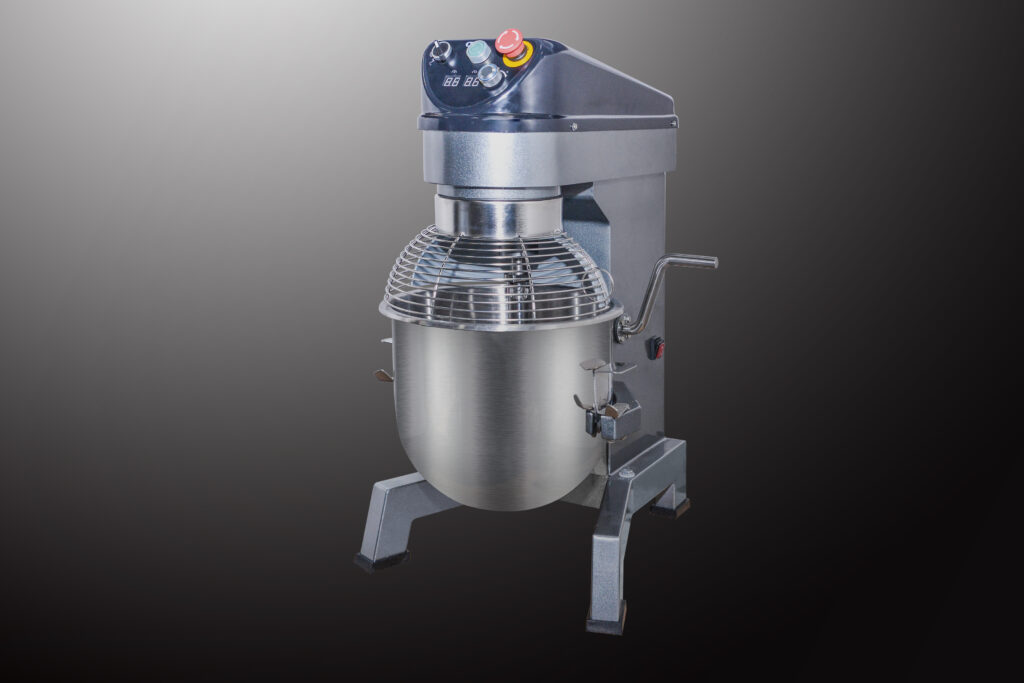Mixing consistency can make or break a recipe, especially in professional baking. Understanding the difference between variable speed mixers1 and fixed speed mixers could transform your operations.
Variable speed mixers are better because they offer control, efficiency, and versatility, making them ideal for professional kitchens and production lines.
A story from one of my clients: Switching from a fixed-speed to a variable-speed mixer2 saved their bakery hours in daily production time. Let’s dive into why this change is so impactful.
Variable speed mixers follow the same logic. They allow precise adjustments for different dough textures or recipes, giving bakers full control over their craft.
What are the advantages of a variable speed drive3 in baking machinery? Variable speed drives improve control, ensure process stability, and allow customization, which is critical in modern baking processes. They also reduce wear and tear on equipment, leading to longer lifespans.
Dive Deeper: Real-world advantages for bakers
- Better Consistency: Variable speeds ensure even mixing for delicate batters or tough doughs.
- Energy Savings: Motors operate efficiently, reducing electricity bills.
- Longevity: Reduced strain on components extends the machine’s life.
A bakery client in Canada, who switched to a variable speed model, cut energy costs by 15% and improved product quality, winning over more customers.
| Comparing Applications in Baking: | Task | Fixed Speed Mixer | Variable Speed Mixer |
|---|---|---|---|
| Whipping Cream | Over- or under-mixing likely | Perfect aeration | |
| Bread Dough | Motor strain possible | Optimal kneading speed | |
| Pastry Preparation | Inconsistent texture | Flawless blending |
Variable speed mixers align better with the diverse needs of bakers, ensuring that each task is completed efficiently.
Consider a bakery that offers a wide range of products, from artisan bread to intricate pastries. A single-speed machine4 simply cannot accommodate all these needs without compromising quality.
In my factory, which serves clients across North America and Europe, variable speed mixers are the preferred choice. Buyers like Devis in Canada look for machines that balance quality with cost-efficiency—making variable speed models an easy sell.
Conclusion
Variable speed mixers outperform fixed speed mixers in every critical aspect: precision, efficiency, and versatility. The ability to adjust speeds to specific tasks ensures better results and long-term savings.
-
To explain the concept of variable speed mixers and their relevance to professional kitchens. ↩
-
To provide a detailed comparison of the benefits and drawbacks of both types of mixers. ↩
-
To describe the mechanics and advantages of variable speed drives in baking machinery. ↩
-
To present case studies or testimonials that demonstrate the impact of switching to variable speed mixers. ↩



